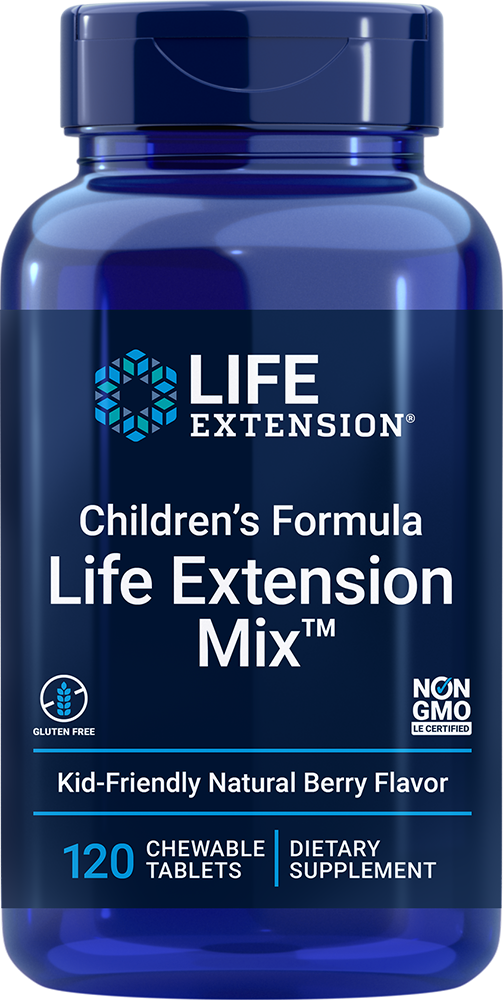Saturday, November 11, 2017
The September 1, 2017 issue of The Journal of Clinical Endocrinology & Metabolism published the results of a meta-analysis that adds evidence to an association between better glycemic control among diabetics and higher vitamin D levels resulting from supplementation.
The meta-analysis included 24 controlled trials that included a total 1,528 individuals with type 2 diabetes who received a placebo or vitamin D with or without calcium for at least two months. Serum 25-hydroxyvitamin D levels and at least one measure of glycemic control, including hemoglobin A1c, (HbA1c, a marker of long term glucose control), fasting plasma glucose and HOMA-IR (which assess insulin resistance), were measured at the beginning and end of each trial.
All but one trial found a significant increase in serum vitamin D among those who received the vitamin. Supplementation with 4,200 international units (IU) vitamin D per day was associated with an average increase in serum 25-hydroxyvitamin D levels of 17 nanograms per milliliter (ng/mL). Hemoglobin A1c levels declined by an average of 0.3% in vitamin D supplemented participants. The addition of calcium to vitamin D was associated with an even greater decline.
Among participants who received vitamin D, fasting plasma glucose decreased by an average of 4.9 milligrams per deciliter (mg/dL). Insulin resistance also improved in vitamin D-supplemented participants. The authors suggest that glucose homeostasis is enabled by vitamin D supplementation and/or sun exposure that results in serum 25-hydroxyvitamin D concentrations of at least 40 ng/mL. (Life Extension suggests an optimal 25-hydroxyvitamin D range of 50-80 ng/mL.)
"Our meta-analysis found that vitamin D supplementation and subsequent increased serum 25-hydroxyvitamin D levels improved glucose control and insulin resistance in type 2 diabetic patients," the authors conclude. "Overall, vitamin D supplementation seems to be efficacious as an adjuvant treatment of diabetes-related glucose metabolism disorders. The results of the current meta-analysis suggest that a minimum dose of 4000 IU/day, which is equivalent to the tolerable upper intake level of vitamin D for adults, is required to have a protective effect on glucose homeostasis in type 2 diabetic patients."












